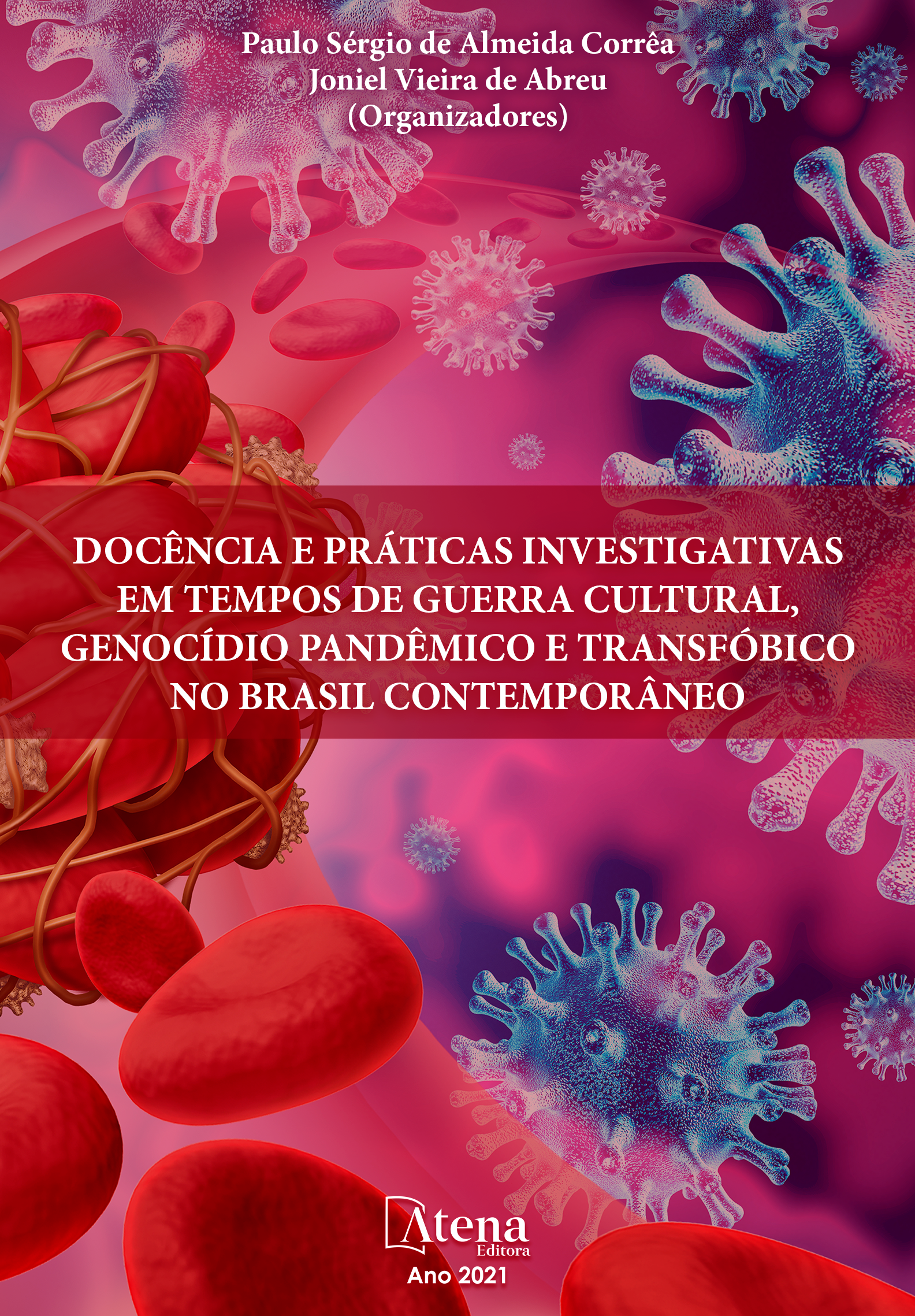
REGULAMENTAÇÃO DO ENSINO REMOTO EMERGENCIAL E OS EFEITOS DA POLÍTICA INSTITUCIONAL NA RECENTE HISTÓRIA DA UNIVERSIDADE FEDERAL DO PARÁ
Constituiu finalidade desta produção científica analisar as implicações do ensino remoto emergencial adotado pelas universidades brasileiras no contexto da pandemia SARS COVID-19, particularmente os efeitos produzidos pelas normas regulamentadoras sobre o trabalho docente e o ensino aprendizagem no Curso de Pedagogia da Universidade Federal do Pará. Quais as bases legais que possibilitaram à Universidade Federal do Pará instituir e implementar o Ensino Remoto Emergencial? Como se caracteriza o Ensino Remoto Emergencial enquanto política pública aprovada e adotada nessa instituição? Quais os impactos do Ensino Remoto Emergencial sobre o trabalho docente e o processo de ensino aprendizagem dos alunos do curso de Pedagogia? Estudo bibliográfico e documental, tendo havido aplicação de formulário a professores e alunos envolvidos com atividades pedagógicas não presenciais entre os meses de agosto de 2020 a setembro de 2021. Constatou-se a existência de diferentes normas regulamentadoras das atividades pedagógicas não presenciais (em âmbito federal) e do Ensino Remoto Emergencial (na esfera institucional da Universidade Federal do Pará). Ainda que a implantação do Ensino Remoto Emergencial tenha obtido como resultado algumas vantagens aos alunos, os aspectos ressaltados como prejudiciais revelaram o quanto essa política institucional passou a ser inconsistente, em muitos casos, fazendo decair a qualidade do trabalho docente e do ensino aprendizagem realizado no período de sua vigência.
REGULAMENTAÇÃO DO ENSINO REMOTO EMERGENCIAL E OS EFEITOS DA POLÍTICA INSTITUCIONAL NA RECENTE HISTÓRIA DA UNIVERSIDADE FEDERAL DO PARÁ
-
DOI: 10.22533/at.ed.1132123119
-
Palavras-chave: História da educação superior. Ensino remoto emergencial. Política institucional. Precarização do trabalho docente. Qualidade de ensino aprendizagem.
-
Keywords: History of higher education. Emergency remote teaching. Institutional policy. Precariousness of teaching work. Quality of teaching and learning.
-
Abstract:
The purpose of this scientific production was to analyze the implications of emergency remote teaching adopted by Brazilian universities in the context of the SARS COVID-19 pandemic, particularly the effects produced by regulatory norms on teaching work and teaching-learning in the Pedagogy Course at the Federal University of Pará. What are the legal bases that enabled the Federal University of Pará to institute and implement Remote Emergency Education? How is Emergency Remote Teaching characterized as a public policy approved and adopted in this institution? What are the impacts of Emergency Remote Teaching on teaching work and the teaching-learning process of students in the Pedagogy course? Bibliographic and documentary study, with the application of a form to teachers and students involved in non-face-to-face pedagogical activities between the months of August 2020 and September 2021. It was found that there are different regulatory standards for non-face-to-face pedagogical activities (at the federal level) and Emergency Remote Teaching (in the institutional sphere of the Federal University of Pará). Although the implementation of Emergency Remote Teaching has resulted in some advantages for students, the aspects highlighted as harmful revealed how inconsistent this institutional policy has become, in many cases, causing a decline in the quality of teaching work and teaching and learning carried out in the period of its validity.
-
Número de páginas: 47
- Paulo Sérgio de Almeida Corrêa


